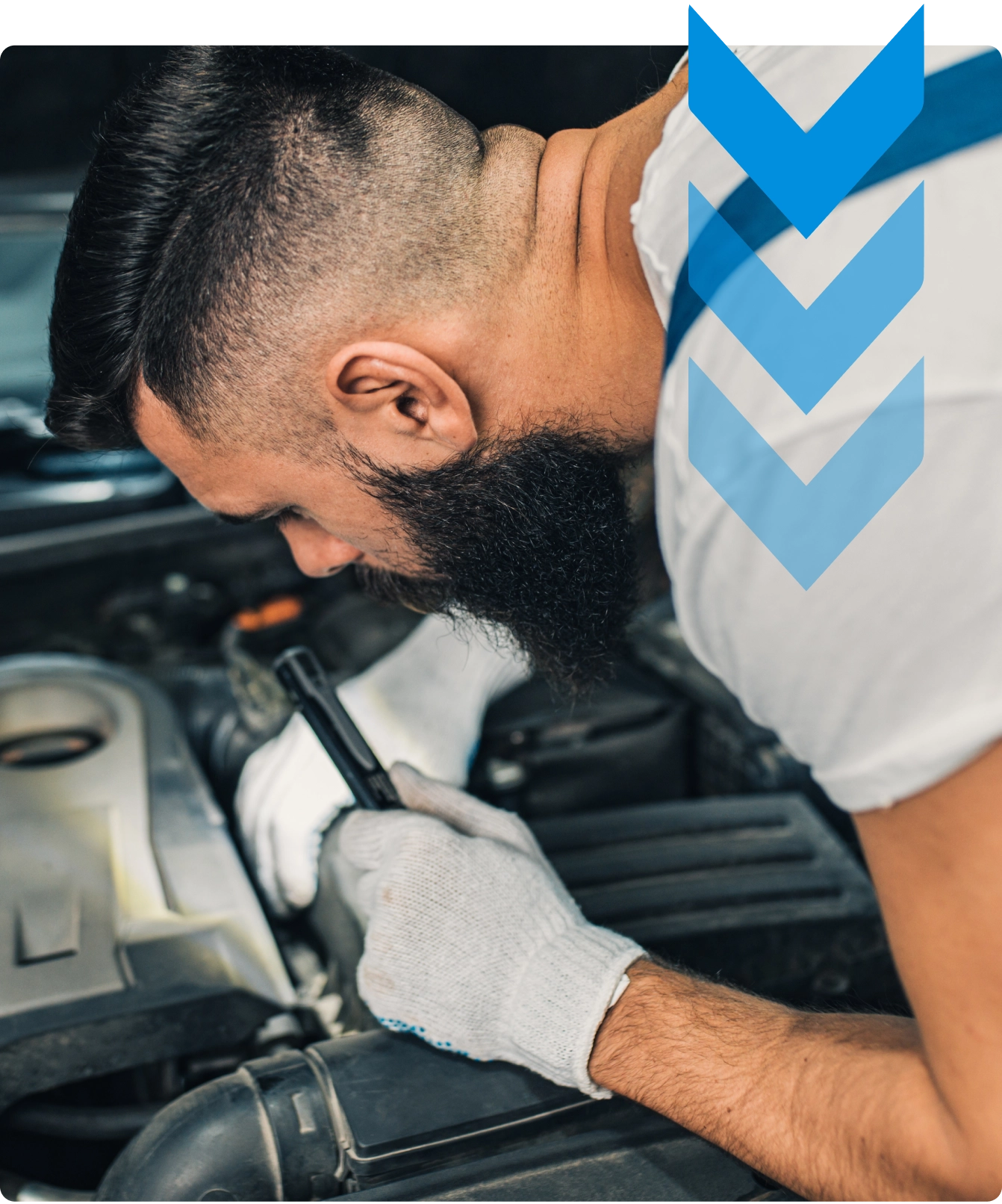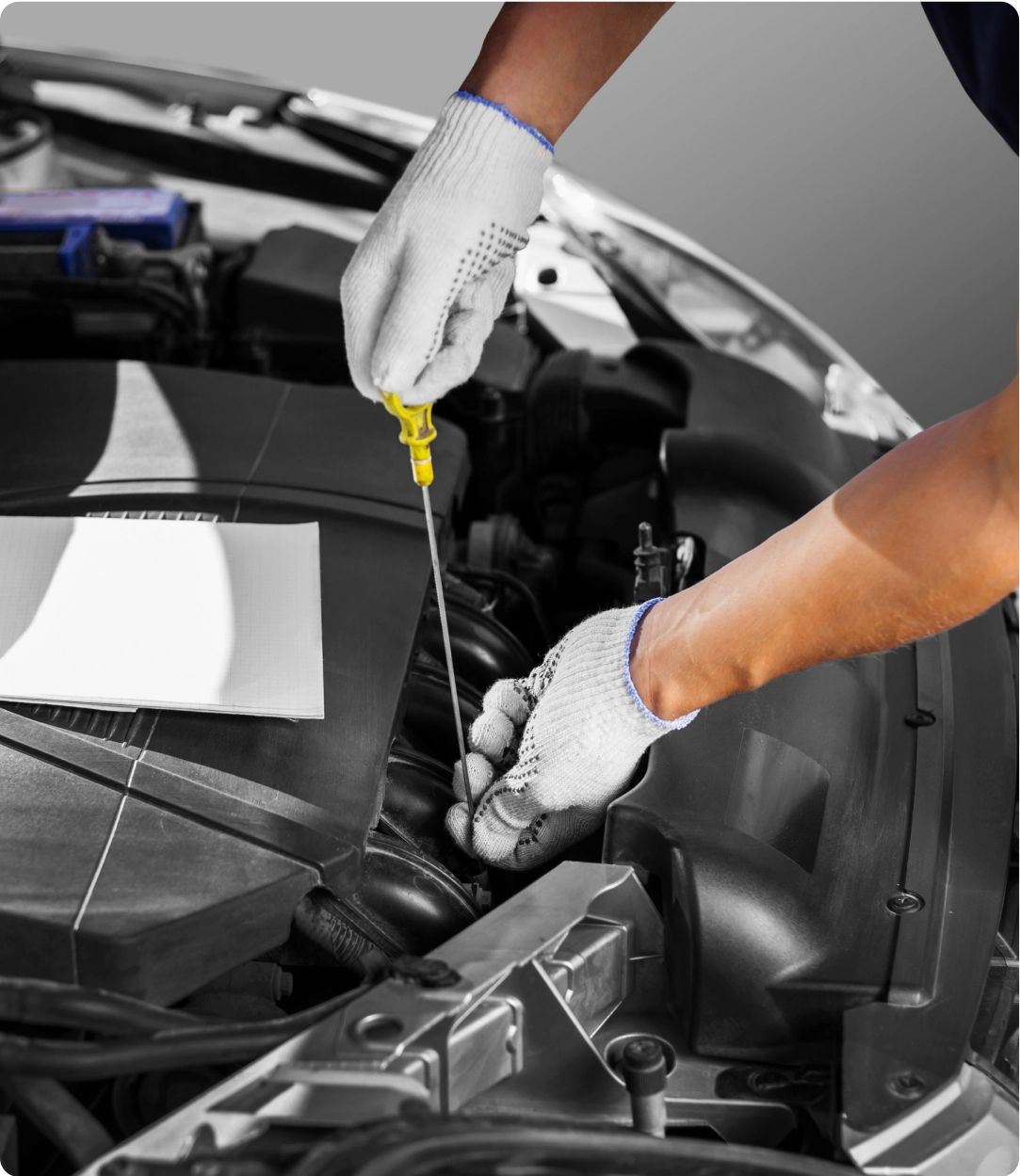MOT Service
MOT due soon?
Let us take care of it
Albies Workshop is the leading MOT Centre in Great Yarmouth. Book an MOT today for a comprehensive service to ensure your vehicle meets all the necessary legal requirements for roadworthiness.
Our Pricing
Motorcycles
£22
Trikes
£22
Cars
£35
Vans
£40
Taxis
£35
Book your MOT
*Required

About MOTs
What is an MOT?
An MOT (Ministry of Transport) test assesses vehicles for road worthiness and compliance with environmental standards, ensuring they meet the necessary requirements to be legally driven on public roads.
MOT tests examine various components of a vehicle, including brakes, lights, tires, steering, suspension, exhaust emissions, and more.
A valid MOT certificate is necessary for legal compliance and to prove that the vehicle has passed the required safety standards.
Failure to obtain a valid MOT certificate can result in penalties and restrictions on vehicle usage.
MOT Pricing
Our pricing is always competitive

Motorcycles – £22
CLASS 1 AND 2

Trikes – £22
CLASS 1 AND 2

Cars – £35
CLASS 4

Vans – £40
CLASS 7

Taxis – £62
WORKING VEHICLES
Why Us
How we work
Our MOT Centre offers a comprehensive service to ensure your vehicle complies with all legal requirements for roadworthiness in the UK. Our meticulous MOT inspections encompass all vital aspects of your vehicles safety features, emissions, and overall performance.
Albies Workshop is an authorised MOT testing centres that has certified technicians and approved testing equipment.
If a vehicle fails the MOT test, it must be repaired and retested until it meets the necessary standards.
Upon successfully passing the MOT test, Albies Workshop will issue your MOT certificate.

FAQS
Most common MOT questions we are asked
What is checked during an MOT?
During an MOT (Ministry of Transport) test, several key components and systems of your vehicle are thoroughly checked to ensure they meet the minimum safety and environmental standards set by the government. Here are some of the main areas that are typically inspected during an MOT:
- Vehicle Identification: The vehicle’s registration number, VIN (Vehicle Identification Number), and other identification details are verified.
- Lights and Signals: The functionality and condition of headlights, indicators, brake lights, hazard lights, rear lights, fog lights, and number plate lights are checked.
- Steering and Suspension: The steering system, including the condition of steering components and the effectiveness of power steering, is examined. Suspension components are checked for wear, damage, and proper functioning.
- Brakes: The braking system is inspected to ensure it is in good working order. This includes checking the condition and operation of brake pads, discs, drums, hoses, and fluid levels.
- Tires and Wheels: Tires are examined for appropriate tread depth, condition, and compatibility. Wheel alignment, balance, and overall condition are also inspected.
- Seats and Seatbelts: The condition, security, and operation of seats and seatbelts, including the seatbelt pre-tensioners, are checked for compliance.
- Body and General Condition: The overall condition of the vehicle’s bodywork, mirrors, doors, and other external components is assessed, ensuring they do not present any safety risks.
- Exhaust Emissions: The vehicle’s exhaust emissions are tested to ensure they meet the prescribed standards for environmental impact and compliance with emission regulations.
These are just a few examples of the areas checked during an MOT test. It’s important to note that an MOT is primarily a safety and emissions inspection, and it does not cover the mechanical reliability or general maintenance of the vehicle. Consulting with a qualified MOT testing centre, like Albies Workshop, will provide you with specific details and ensure your vehicle meets the required standards.
How often do I need to have my car MOT’d?
In the UK, the frequency of required MOT tests depends on the age of your vehicle and when it was first registered. Here is a general breakdown:
- Vehicles under 3 years old: New vehicles are exempt from MOT testing until they reach their third anniversary of registration.
- Vehicles 3 years old and older: Once a vehicle reaches its third anniversary of registration, it must undergo an MOT test annually. This annual testing continues throughout the life of the vehicle.
It is important to note that the anniversary of the vehicle’s registration is the key date for determining when the MOT test is due. The MOT certificate is valid for one year from the date of the test.
To ensure compliance with legal requirements, it is your responsibility as a vehicle owner to schedule and present your vehicle for an MOT test before the current certificate expires. Failure to have a valid MOT certificate can result in fines and penalties.
It’s advisable to check the specific MOT due date for your vehicle by referring to your previous MOT certificate or using the government’s online MOT status-checking service. Additionally, many MOT testing centres, including Albies Workshop, offer reminders or can assist you in tracking your MOT due date to help you stay compliant with testing requirements.
What happens if my car fails its MOT?
If your car fails its MOT (Ministry of Transport) test, it means that it does not meet the minimum safety and environmental standards required by law. Here’s what typically happens in the event of an MOT failure:
- Failure Certificate: Albies Workshop will issue a Failure Certificate (VT30) that lists all the reasons for the failure. This document will detail the specific areas or components of your vehicle that need attention and repairs.
- Repair and Re-Test: You have the option to have the necessary repairs and adjustments made to address the identified issues. Once the repairs are completed, you can take your vehicle back to the same testing centre for a re-test.
- Time Limit for Repairs: There is a specific time limit for the repairs and re-test, typically within 10 working days, though this can vary. If you exceed this time limit, a full MOT test will be required, and your vehicle will not be considered roadworthy until a valid MOT certificate is obtained.
- Re-Test Fee: If you return your vehicle for a re-test at the same testing centre within the specified time limit and it passes the re-test, you will not be charged an additional fee. However, if you take your vehicle to a different testing centre or exceed the time limit, a full MOT fee will be required for a new test.
It is important to address the identified issues promptly to ensure your vehicle meets the necessary standards for roadworthiness and compliance. Once your vehicle passes the re-test, you will receive a new MOT certificate (VT20) confirming its roadworthiness.
If you choose not to proceed with the necessary repairs, you are legally required to remove the vehicle from the testing centre’s premises. Driving a vehicle without a valid MOT certificate is illegal, except when driving to and from a pre-arranged appointment for repairs or a pre-booked MOT test.
